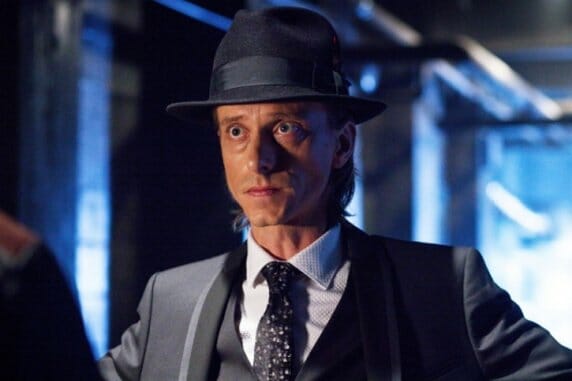Almost Human: “The Bends” (1.04)

Almost Human now has fart jokes. Given the quips about testicles back in “Skin,” I suppose it was only a matter of time. Still, while I’m as big a fan of flatulent humor as the next 14-year old boy, seeing these kinds of jokes in my action-packed science fiction programming rubs me the wrong way and, furthermore, only reminds me of the infamous farting aliens in the revamped Doctor Who (in my mind, a personal low point of that season).
Also, unfortunately, despite being titled “The Bends,” there are no Radiohead references to be found in this particular episode.
But that’s a personal tangent—how does the rest of the episode hold up?
-

-

-

-

-

-

-

-

-

-

-

-

-

-

-

-

-

-

-

-

-

-

-

-

-

-

-

-

-

-

-

-

-

-

-

-

-

-

-

-








































